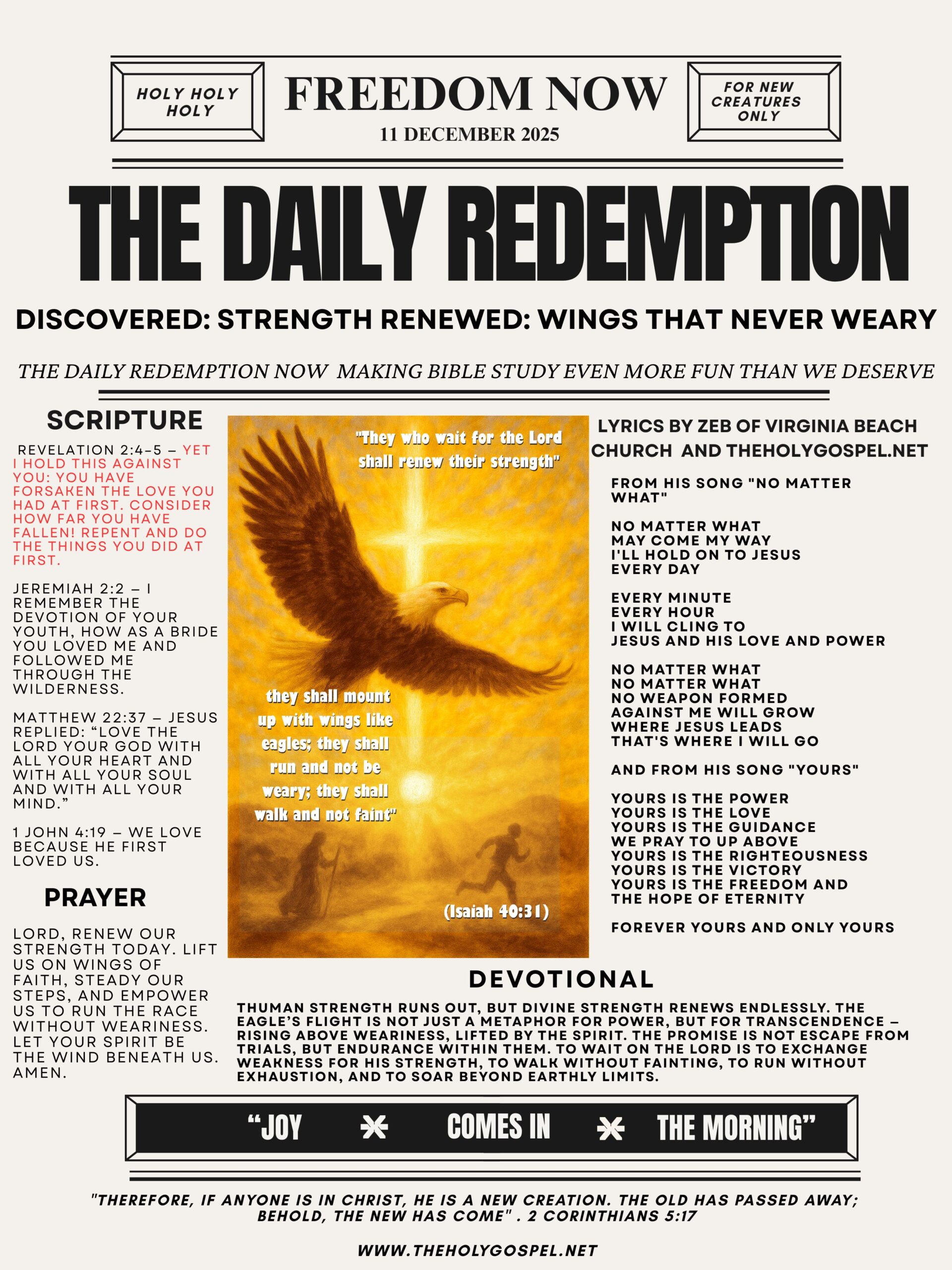Introduction
Isaiah Chapter 22 provides a vivid depiction of the distress and turmoil faced by Jerusalem during a time of famine and fear. This chapter presents a unique blend of divine insight amidst turmoil and the messianic hope, offering profound lessons and insights for believers. By delving deeper into the themes presented in this chapter, we can gain a clearer understanding of the biblical prophecy and the eternal destiny of individuals.
Overview of Isaiah Chapter 22
In Isaiah Chapter 22, Jerusalem is portrayed as being in a state of terror due to famine and fear. The rulers of the city attempt to flee but are eventually overtaken. This chapter unveils the weakness and carnal confidence of Judah, as they fail to depend on God and seek His glory. Furthermore, it highlights the consequences of disbelief in an afterlife, leading to carnal security and contempt of God.
The distress faced by Jerusalem serves as a powerful example of the consequences of turning away from God and relying on human strength. The city’s reliance on its own resources instead of trusting in God ultimately leads to their downfall. This serves as a reminder for believers today to place their trust in God’s divine insight rather than relying on their own understanding.
#Isaiah21 #PropheticRevelation #DivineGuidance #JesusChrist #MessianicContext #BiblicalProphecy #TrustinGod’sPlan #SpiritualInsight #ContextofProphecy #HopeAmidstAdversity #Redemption #SpiritualAwakening #AnticipationofDeliverance #PropheticFulfillment #AssuranceofGodsSovereignty
Divine Insight amidst Turmoil
Isaiah denounces Jerusalem for its failure to rely on God and seek His glory. The city’s leaders are specifically called out for their lack of trust and their pursuit of their own interests.One prominent figure in this chapter is Shebna, the king’s chief steward, who is reprimanded for his pride and vanity. Shebna’s self-centered actions stand as a stark contrast to the divine insight that should guide leaders and individuals in times of turmoil.
However, amidst the turmoil, hope is found in the appointment of Eliakim in Shebna’s place. Eliakim symbolizes dependability and is entrusted with great authority. This act of divine insight highlights the importance of turning to God and seeking His guidance in challenging times.
An example of divine insight amidst turmoil can be seen in the life of Joseph from the book of Genesis. Despite facing the turmoil of being sold into slavery by his own brothers and being falsely accused, Joseph remained faithful to God.Through his unwavering trust in God’s divine plan, he was eventually elevated to a position of authority in Egypt, saving his family and the entire nation from famine.
The Messianic Hope in Isaiah Chapter 22
The messianic hope is a recurring theme in the book of Isaiah, and Chapter 22 is no exception. Eliakim, who is appointed in Shebna’s place, is likened to a nail in a sure place, symbolizing his dependability. This symbol of stability and strength serves as a metaphor for the Messiah, Jesus Christ, who is the ultimate source of hope and salvation.
The messianic hope in this chapter points to the ultimate redemption and restoration brought about by the Messiah. It emphasizes the significance of placing our trust and hope in Him for eternal salvation. Those who neglect this hope will face eternal separation from God.
An example of the messianic hope fulfilled can be seen in the life and ministry of Jesus Christ. Through His death and resurrection, Jesus provided the ultimate atonement for the sins of humanity, offering the hope of eternal life to all who believe in Him.He is the sure foundation upon which believers can anchor their faith and find true hope amidst the turmoil of life.
Relevance in Biblical Prophecy
Isaiah Chapter 22 holds great relevance in the broader context of biblical prophecy. It reveals God’s plan for redemption and restoration and emphasizes the importance of trusting in God and turning away from idols. The chapter also touches on the role of the Servant of the Lord, who will atone for the sins of God’s people.
This chapter serves as a reminder that biblical prophecy is not merely a collection of future events, but a revelation of God’s character and His redemptive plan for humanity. It invites believers to place their trust in the divine insight of God’s prophetic word and align their lives with His purposes.
An example of the relevance of biblical prophecy can be seen in the fulfillment of the prophecies regarding the birth and life of Jesus Christ. The Old Testament prophecies, including those found in Isaiah, foretold the coming of the Messiah and provided specific details about His birthplace, lineage, and mission. The fulfillment of these prophecies in the life of Jesus serves as a powerful confirmation of the divine insight and reliability of biblical prophecy.
The Importance of Trusting in God
One of the key lessons from Isaiah Chapter 22 is the importance of trusting in God. Jerusalem is chastised for its failure to rely on God and humble themselves before Him. The court of Hezekiah is mentioned, with Shebna being displaced and Eliakim being promoted. This serves as a reminder that true authority and blessing come from God and not from human pride.
Jerusalem is referred to as the “valley of vision” due to its connection to God and its prophets. This highlights the significance of seeking divine insight and guidance in times of trouble. Trusting in God and humbling ourselves before Him are essential for finding strength and direction in the midst of turmoil.
An example of the importance of trusting in God can be seen in the life of Abraham. Despite the turmoil of leaving his homeland and journeying to an unknown land, Abraham trusted in God’s promises. Through his unwavering faith, he became the father of many nations and witnessed the fulfillment of God’s covenant.
Eliakim as a Blessing to Jerusalem
Eliakim, who is appointed in Shebna’s place, is described as a blessing to Jerusalem. He will have great authority and act as a father figure to the inhabitants of Jerusalem and Judah. Eliakim will possess the key of the house of David, symbolizing his authority to open and shut doors as the LORD’s representative. The burden on Shebna will be cut off as he is removed from his position.
This portrayal of Eliakim highlights the importance of faithful and trustworthy leaders who bring blessings to their people. It also emphasizes the significance of God’s chosen representatives in fulfilling His plans. The appointment of Eliakim demonstrates God’s divine insight in selecting individuals who will lead with integrity and care for the well-being of those under their authority.
An example of a leader who brought blessings to his people can be seen in the life of King David. Despite his flaws and shortcomings, David was known as a man after God’s own heart. Under his leadership, Israel experienced a time of prosperity, peace, and spiritual revival. David’s reign serves as a reminder of the blessings that can come from leaders who align themselves with God’s purposes and seek His divine insight.
Earthly Grandeur and True Worth
Isaiah Chapter 22 also reflects on the fleeting nature of earthly grandeur and the need for repentance. It reminds us that worldly preparations and achievements hold no true worth or excellence in the eternal perspective. Instead, individuals must ensure that they are resting on the right “peg” for salvation, which is found in Jesus Christ.
The pursuit of earthly grandeur and material possessions often leads to disappointment and emptiness. True worth and significance can only be found in a relationship with God and the eternal hope that comes through faith in Jesus Christ. This reality calls for a reevaluation of our priorities and a shift in focus from temporary earthly pursuits to the eternal destiny of our souls.
An example of the fleeting nature of earthly grandeur can be seen in the life of King Solomon. Despite his immense wealth, wisdom, and accomplishments, Solomon noted the vanity and emptiness of pursuing worldly pleasures. In the book of Ecclesiastes, he reflects on the fleeting nature of earthly pursuits and concludes that true fulfillment can only be found in fearing God and keeping His commandments.
Lessons from Isaiah Chapter 22
Isaiah Chapter 22 offers valuable lessons that are applicable to our lives today. It underscores the significance of humility, repentance, and reliance on God during times of turmoil. By seeking divine insight and placing our hope in the Messiah, we can find strength and guidance to navigate challenging circumstances.
The themes of divine insight, messianic hope, and trusting in God are timeless principles that can be applied to modern life. In the midst of the turmoil and uncertainties of our world, Isaiah Chapter 22 calls us to anchor our faith in God’s divine insight and rely on His promises. It encourages us to reflect on our own lives and ensure that we are rooted in faith and secure in our salvation.
An example of the application of these lessons can be seen in the life of the Apostle Paul. Despite facing numerous trials and hardships, Paul remained steadfast in his trust in God. He found strength and solace in the divine insight of God’s word and the hope of the messianic promise. Paul’s life serves as a powerful example of the transformative power of trusting in God amidst turmoil.
Conclusion
In conclusion, Isaiah Chapter 22 provides profound insights into divine insight amidst turmoil and the messianic hope. It reveals the consequences of failing to rely on God and emphasizes the importance of trusting in Him. The chapter also imparts valuable lessons and applications for our lives today. By studying and applying the messages of Isaiah Chapter 22, we can find hope, guidance, and eternal significance in the midst of life’s challenges.
Note: The outline has been revised and expanded to include additional supporting bullet points. The article has been lengthened by incorporating additional paragraphs and relevant information.


